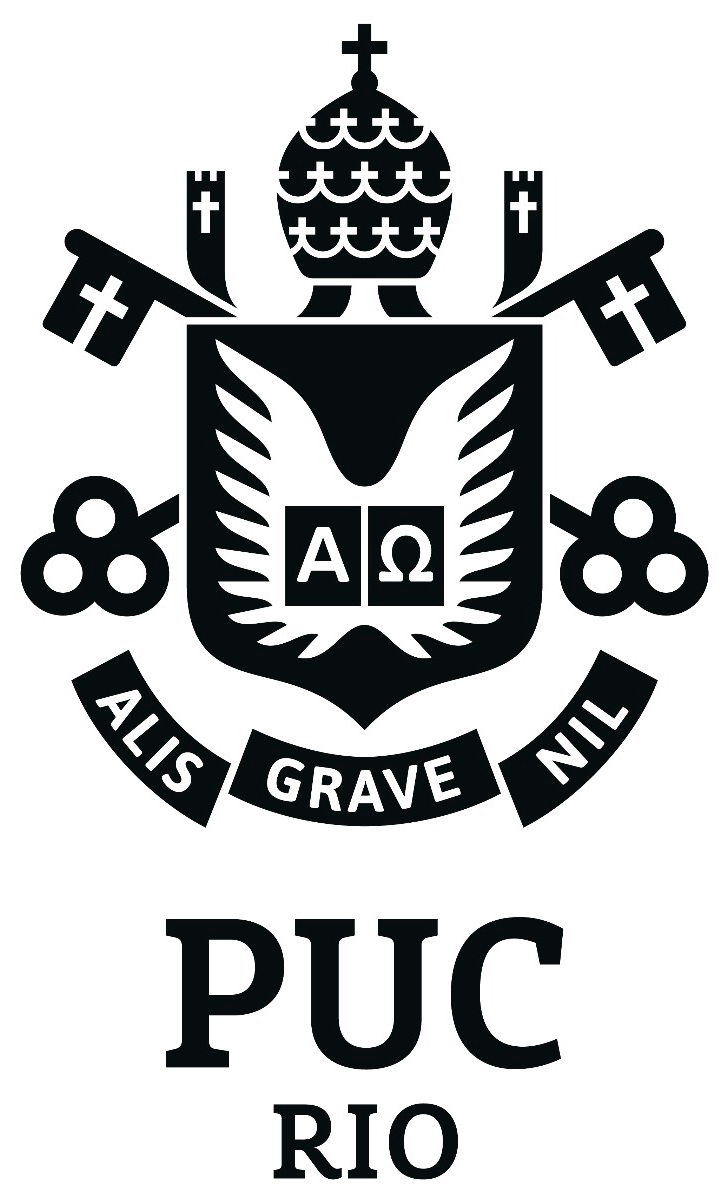Crime, Broken Families, and Punishment
American Economic Journal: Microeconomics, v. 14, p. 723-60, 2022
Thierry Verdier.
Acesse o artigoWe develop a two-period overlapping generations model in which both the family structure and the decision to commit crime are endogenous and the dynamics of moral norms of good conduct is transmitted intergenerationally by families and peers. By "destroying" biparental families and putting fathers in prison, we show that more intense crime repression can backfire because it increases the possibility that criminals' sons become criminals themselves. Our model also explains the emergence and persistence of urban ghettos characterized by a large proportion of broken families, high crime rates, and high levels of peer socialization, which reinforce criminal activities
See also
Public Ownership and Anti-Preemption (a sair)
The RAND Journal of Economics, 2025
Juliano Assunção, Sergey Mityakov , Robert Townsend .
Estimating the Welfare Cost of Labor Supply Frictions (a sair)
Journal of Public Economics, 2025
Katy Bergstrom, William Dodds, Nicholas Lacoste, Juan Rios.
The Value of Health Insurance: A Household Job Search Approach ( a sair)
Journal of Labor Economics, 2025
Renata Narita, Rita Ginja, Gabriela Conti.

